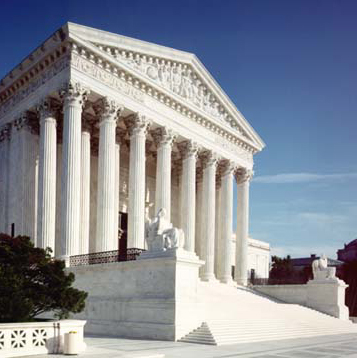
The U.S. Supreme Court, in a 5-4 vote, will allow the Trump administration to begin enforcing a rule that allows the government to base green card decisions on whether an immigrant could later be seen as a financial burden to taxpayers.
Industry advocates, including LeadingAge, have denounced the “Public Charge” final rule, saying it could hurt immigrant seniors by limiting their access to long-term care services. LeadingAge also argued that the rule could negatively impact the industry’s workforce.
“Under this new rule, it will be difficult for workers in long-term care to extend their status as an authorized worker with a green card because of their wage history and current receipt of nutrition supports (SNAP) or housing assistance in the form of public housing, vouchers or project-based Section 8,” LeadingAge wrote after the rule was first published in August.
“Where the worker is not already earning a living wage sufficient to pay for basic living needs (i.e., food and nutrition, housing, and healthcare), receipt of any of these benefits in excess of the total amount allowed could threaten their continued presence or their admission to the country,” the organization added.
The National Council of Aging President and CEO James Firman also denounced the rule.
“Immigrant seniors who have played by the rules will have to make an impossible choice between going hungry and avoiding needed long-term care support or losing their immigration status,” he said. “This regulation will create a personal and moral hazard for older adults who are looking to age with their families around them.”
Opponents have cautioned that the rule targets poor, legal immigrants who are seeking to become permanent U.S. residents — meaning they could be denied if they use government benefit programs, such as Medicaid and food stamps.
The rule was set to go into effect in October but was later blocked several times in federal court.





